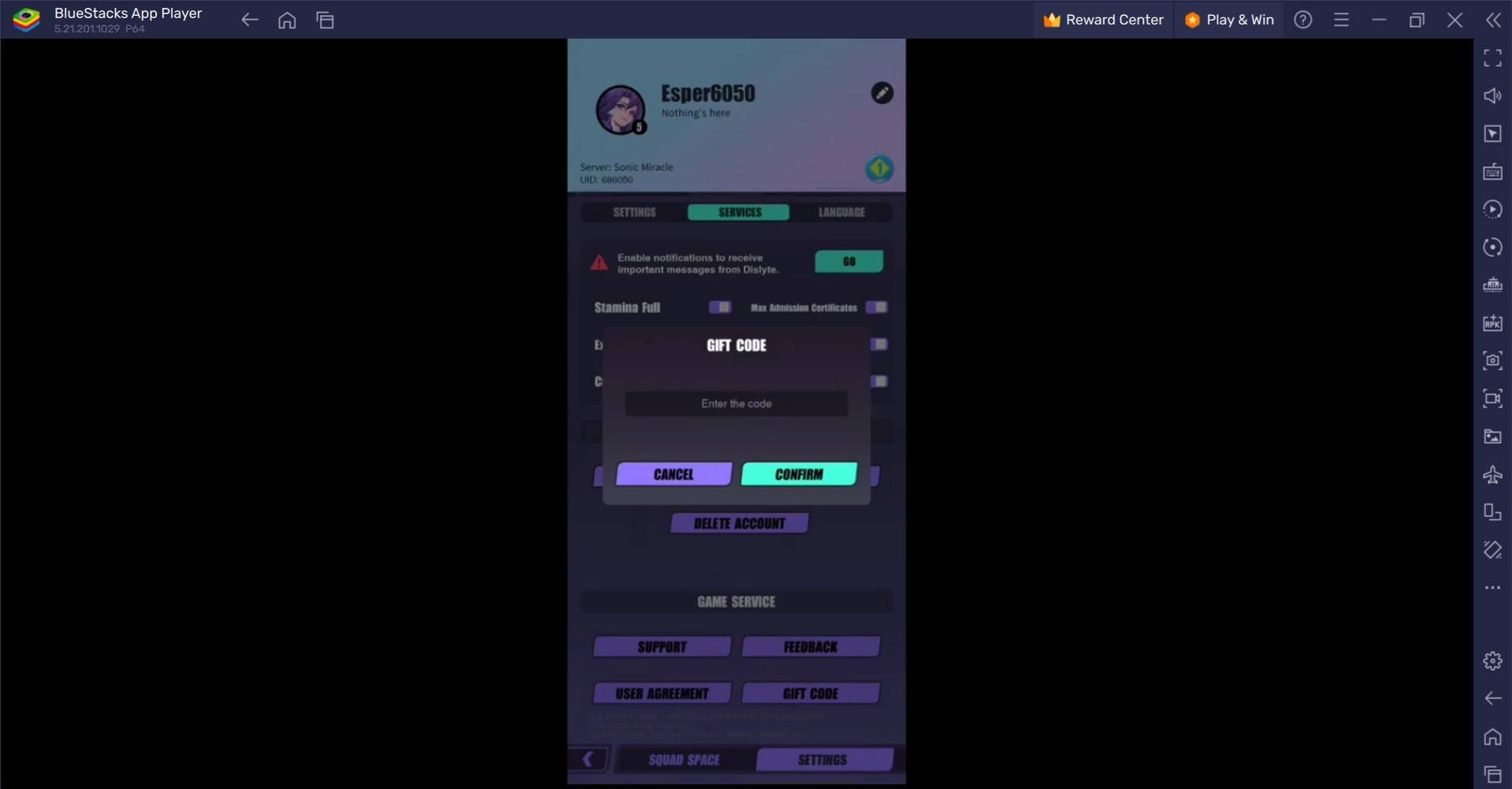The Screen Actors Guild - American Federation of Television and Radio Artists (SAG-AFTRA) recently updated members on video game actor AI protection negotiations. While progress has been made, significant disagreements remain with the industry bargaining group. A chart highlighting these discrepancies reveals key sticking points:
AI Protection Scope: SAG-AFTRA seeks protection for all past and future work, while the bargaining group's proposal focuses solely on future projects.
Defining "Digital Replica": SAG-AFTRA defines it as any performance readily identifiable or attributable to a performer, whereas the bargaining group uses the stricter "objectively identifiable," potentially excluding many performances.
Inclusion of Movement Performers: SAG-AFTRA seeks to include movement performers in the AI agreement, a point not addressed by the bargaining group.
Terminology for AI-Generated Performances: The disagreement centers on "real-time generation" (SAG-AFTRA) versus "procedural generation" (bargaining group), which have different meanings within game development.
Transparency on Voice Use: SAG-AFTRA demands disclosure regarding voice blending with other voices and the use of voices in real-time chatbots versus scripted dialogue.
Strike Clause: SAG-AFTRA's proposal withdraws consent for digital replica use during strikes, a point opposed by the bargaining group.
Consent Duration: SAG-AFTRA proposes a five-year renewable consent period, while the bargaining group seeks unlimited consent.
Compensation for Digital Replicas: Substantial disagreements persist on minimum compensation, though tentative agreement exists on bonus pay calculations.
Employer Bonus Rights: The bargaining group's proposed bonus rights are deemed too broad by SAG-AFTRA, potentially undermining union rights.
Usage Tracking: SAG-AFTRA proposes a system to track digital replica usage for fair compensation, which the bargaining group considers infeasible.
Synthetic Performer Definitions: Clearer definitions and regulations are needed for characters created entirely by generative AI.
Despite these unresolved issues, tentative agreements exist on bonus pay, dispute resolution, some minimum compensation aspects, consent requirements, certain disclosures, and more. However, SAG-AFTRA disputes the bargaining group's assertion that a deal is imminent. SAG-AFTRA National Executive Director and Chief Negotiator Duncan Crabtree-Ireland cautions members against undermining the strike by accepting work without adequate AI protections, emphasizing the risk of exploitation.
Audrey Cooling, spokesperson for the video game industry bargaining group, countered with a statement highlighting proposed wage increases exceeding 15%, enhanced health and safety protections, and industry-leading AI terms, expressing eagerness to reach a deal.
The eight-month-long strike, primarily focused on AI provisions, is visibly impacting the industry. Players report unvoiced NPCs in games like Destiny 2 and World of Warcraft. League of Legends experienced a strike-related incident, and Call of Duty: Black Ops 6 characters were recast. Recently, two Zenless Zone Zero voice actors discovered their replacements through patch notes.
 Home
Home  Navigation
Navigation






 Latest Articles
Latest Articles










 Latest Games
Latest Games












